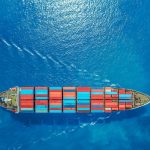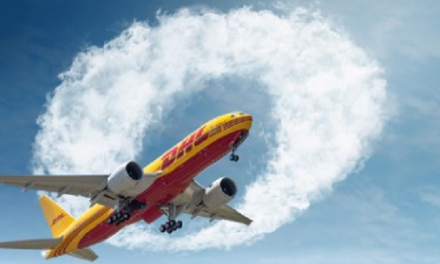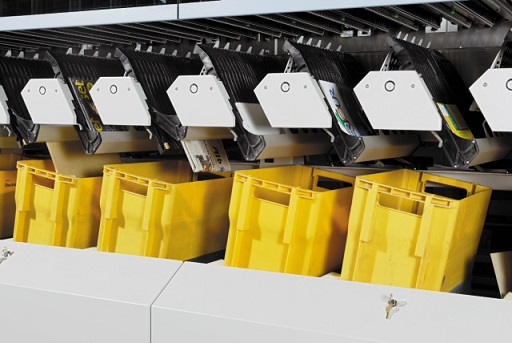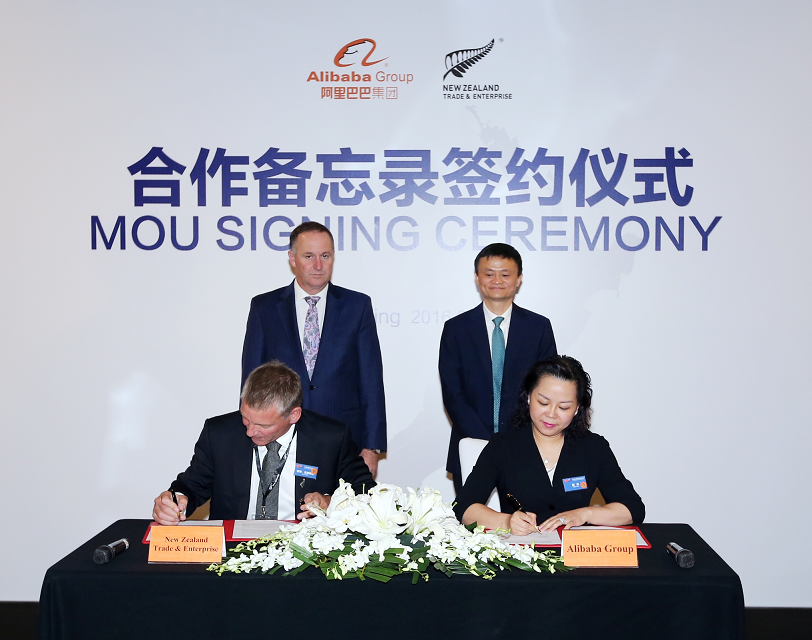
Logistics, we've got to keep moving
If a small trading country is to successfully compete in the quickly developing global economy, we need to transport our goods to our markets via high-quality, low-cost transport networks.
Issa Baluch, the immediate past- president of the International Federation of Freight Forwarders, said at the World Bank's Transport Forum in March: “Having visited over 80 countries, it has become clear to me that the most vibrant economies are found in countries that have healthy partnerships between Government and the private sector.''
Challenging times demand that the Government and industry co-operate to keep goods moving smoothly across our borders.
He cited Dubai and Singapore as two world trade hubs that were rising to pre- eminence not because of their strategic location but because of their public-private partnerships.
In Dubai, the USD33 billion (NZD49 billion) Dubai World Central complex, linked to Dubai Airport, will open next year and include a logistics zone three times as large as FedEx's hub in Memphis. It will include warehouses, factories, offices, accommodation and e-customs processing for anyone operating in its zone.
Baluch also noted that in 2000 China named logistics as a key sector in its 10th five-year plan.
If New Zealand is serious about boosting economic performance, we need to similarly look at how the Government and private enterprise can work together to create more efficient logistics management.
I'm not suggesting the solutions adopted by China, Singapore or Dubai would work here. They are very different countries, with different values.
But if we are to compete in a world increasingly dominated by such countries, we need to have our own plan. And because biosecurity is so important to us here in New Zealand, efficient and effective biosecurity needs to be at the heart of that plan.
Currently the biggest driver of change in New Zealand is the consolidation of international shipping companies and competition between small (by international standards) regional ports.
I'm not advocating some form of knee- jerk nationalism.
But what I am advocating is that the Government, working with private enterprise, needs to chart a vision for increasing the efficiency of how we trade with the world.
Some of the world's most dynamic economies are developing such visions and partnerships. We run the risk of being left behind, which we can ill afford as a small distant trading country.
Government and private sector partnership will also be vital in helping the country meet the challenge posed by standardisation.
The standardisation of freight using containers has allowed the global economy to make great strides.
But it's only the beginning. In his World Bank speech, Baluch called for standardisation to move beyond the shipping of freight, to creating global standards for freight security.
Baluch's particular focus was on creating a much more secure worldwide supply chain in the post-9/11 world. However, we can apply what he says to biosecurity as well. After all, for us and many other countries, a biosecurity threat is the security threat most likely to cause real lasting damage to our nation.
The risk in the renewed interest in security of supply chains is that each trading bloc will develop its own security standards, which will become a jungle of disparate regulations, with the potential to hinder trade. We may end up with a patchwork of international security regulations that mirrors the complex array of biosecurity regimes that exist today.
As a small remote country trading in agricultural products, we know full well the use biosecurity can be put to as a trade barrier where the only species it is protecting is the indigenous farmer. We also appreciate the need for effective biosecurity regulations.
So while finding the correct balance between letting trade flow and halting biosecurity threats may be difficult to achieve on a global scale, it is in New Zealand's best interests to start pushing for the creation of an international security and biosecurity regime for the auditing and certification of containers.
The free trade talks we are having with China could be a good place to start exploring such an idea. Another fruitful place would be our long-standing CER agreement with Australia.
Such standardisation of security and biosecurity may seem a distant goal. But then the transformation of world trade by a 20-foot box seemed an impossible dream when the Ideal-X first set sail. We have to start somewhere, and right here is as good a place as any.
Such standardisation is the next logical step to follow on from international agreements on container size, customs classification and incoterms _ the internationally recognised descriptions of the roles of buyer and seller when goods are in transit _ that have done so much to revolutionise world trade.
A key to creating such a global regime is technology. A computer does not of itself guarantee security, but it's a prerequisite for developing a standardised system. Technology has the potential to answer much more efficiently and accurately the question at the heart of all auditing and verification: “What's in the box?''.
We also need to work on rationalisation. On one hand, consolidating the number of international ports should make the surveillance and clearance of containers easier. Because there are fewer entry points, we should be able to maintain greater control of what flows through them.
We will be able to marshal our biosecurity forces more effectively in two or three ports rather than have them dispersed around 10 entry points.
Handled correctly this could lead to New Zealand benefiting from a more efficient logistics and biosecurity system.
However, if we get it wrong, the risk is that the two or three international ports will become freight bottlenecks. The New Zealand economy will bear the cost of having capital tied up in goods sitting in warehouses and on wharves.
Larger ships making fewer visits is likely to mean fluctuating volumes of cargo arriving. Our inspection and clearance system must be able to cope with the peaks and troughs bigger ships will bring.
As well as investing in new infrastructure to deal with the larger vessels, we will also have to ensure our thinking keeps pace with changing freight patterns.
It's critical that we get this right to benefit the country as a whole. The times demand that we do so. Willie van Heusden is general manager of Schenker (New Zealand) and president of the Custom Brokers and Freight Forwarders Association.












